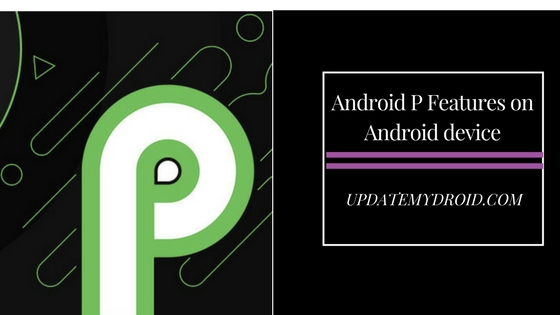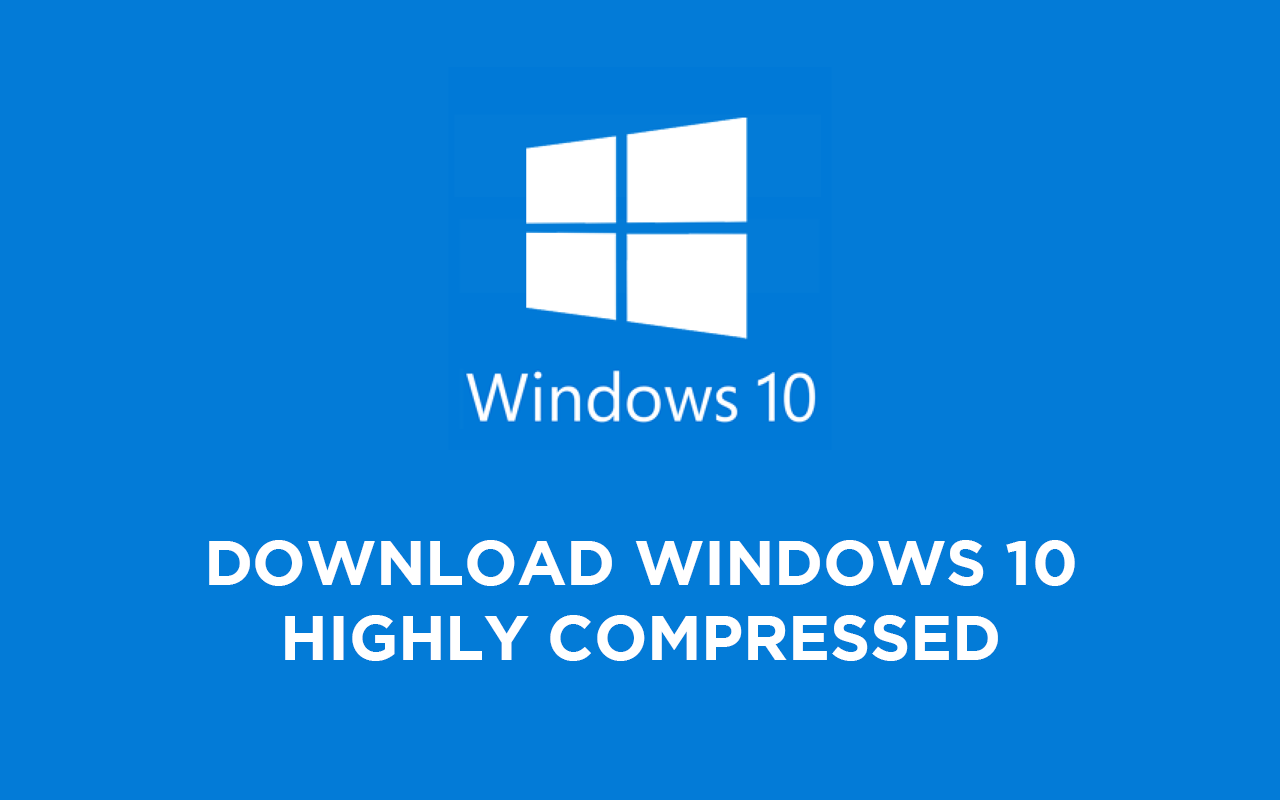Blockchain technology should be understood more as a public database accessible via a digital network that can monitor, record, and authorize transactions. This technology decreases the requirement for a financial institution and middleman since everyone can access the transactions in the ledger at any time. Let’s discover 3 key uses of blockchain that is not associated with bitcoin.
How are Bitcoin and blockchain unique?
Bitcoin is a kind of unregulated computerized money that was first made by Satoshi Nakamoto in 2008. Otherwise called “cryptographic money,” it was dispatched with the goal to sidestep government cash controls and improve online exchanges by disposing of outsider installment handling mediators. Obviously, achieving this necessary something other than the actual cash. There must be a safe method to make exchanges with digital currency.
Blockchain, in the beginning, was developed as a payment system and its potential applications are limitless. Today, blockchain can be deployed for everything from the legal sharing of music online to making land registrations. The following are some common examples of blockchain that is completely from global finance but has more to do with other core functions of a business operation-
- Storage on the cloud – With cloud storage online, the data resides on a centralized server that delivers the web content when users click on your page. The use of the cloud helps in the buffering of data.
A network that focuses on content delivery eases the above situation. Such a system reduces or even mitigates buffering because global servers across the globe have the replica of the data. Upon request, the closest copy can be sent to you directly.
While the present services related to cloud storage are centralized, blockchain technology can decentralize them. Take the example of Storj that has developed a blockchain network for cloud storage, and so it is entrusted with encryption that is strong and heavy. This permits businesses to store objects in the cloud for getting better delivery and security. Businesses can even rent out any surplus storage they might have.
- Processing power – When you mine cryptocurrencies, for example, bitcoin, they keep their computers in a network that joins with one another to complete complex calculations. The Golem Project embraces another approach besides creating currency optimizing mining power for providing large computing power for tasks like graphic rendering, machine learning, analysis of big data, science computations, and cryptography.
When the blockchain is harnessed, millions of machines that generally are idle for most of the time are used for meeting the increasing need of businesses for computing resources both efficiently and economically with the present computing power that would otherwise have been redundant. Organizations with requirements for additional processing power over what their present systems provide can rent a data center or a PC via Golem’s network for creating their very own supercomputers.
2. Smart contracts – These contracts are digital contracts that can be programmed and entered on a blockchain. This is because the blockchain is encrypted and has a timestamp. This blockchain network validates the data for a specific time and confirms the presence of a contract that is legally binding. It differs from traditional contracts that define the terms of the transaction- the smart contract enforces those terms. It is anticipated that someday smart contracts will replace the requirements for legal or notary oversight.
You may wonder how smart contracts function? They are much like a vending machine. The smart contract operates in the same scenarios. If you drop one coin in the vending machine, a bag of chips will fall into the compartment. In any smart contract, payment in the form of cryptocurrency is processed automatically when the service or the product is delivered.
The above can be illustrated better with an example- say there are two people and agree to pay $100 on delivering a specific piece of content. The smart contract will have all the specific details of the payment, timeframes, conditions, the parties’ identity, and everything else that you normally will find in any traditional contract. When the pre-defined terms and conditions are successfully met, the payment is automatically released as per the terms that have been mutually agreed upon.
Experts from esteemed names in database consulting, management, and administration RemoteDBA.comstate that legal paperwork, contracts, and other documents related to businesses are often sent back and forth between parties that edit and update them at every step of the process. This makes version control and identity a real battle. This is why blockchain is relied upon, as it can offer businesses a solution. For example, digital signatures can deliver unique identities for every version of any document.
Along with the additional encryption of the blockchain and the coded automation of the above processes, smart contracts can give you cost-effective business agreements practically and efficiently. They ensure you get a limited and specific outcome that avoids confusion and the potential for legal issues.
3. Digital identity – Authentication of identity is important globally for culture and commerce. Be it travel, healthcare, banking, national security, online retail, citizenship, and more, identity verification and authorization are important for daily tasks. However, what will happen if you cannot provide the correct paperwork?
In such a scenario, the daily function comes to a complete standstill. A worst-case scenario takes place when your digital identity gets stolen and used with malicious intent. It becomes challenging for a person to prove who they are, not over proving who they are.
Blockchain technology can help here. It can track and effectively manage digital identities both securely and efficiently. It mitigates the problems associated with systems that rely on passwords. Established on public-key cryptography, blockchain technology deploys digital signatures that verify private keys owned by individuals.
Several companies are working on digital authentication systems with blockchain technology. They offer verification of digital identities and passports, birth certificates, residency, government-issued IDs, and wedding licenses. These digital identities can be used on websites and online shopping access to about 1.5 billion people worldwide who have no way of proving who they are. As a result, they are restricted from accessing some essential services because of this flaw. Companies are now working on resolving this problem by working on identity verification systems with blockchain technology.
Blockchain additionally has possible applications a long ways past bitcoin and cryptographic money.
According to a business point of view, it’s useful to consider blockchain innovation as a sort of cutting edge business measure improvement programming. Shared innovation, for example, blockchain, guarantees the capacity to further develop the business measures that happen between organizations, drastically bringing down the “cost of trust.” For this explanation, it might offer fundamentally better yields for every speculation dollar spent than most customary inner ventures.
Monetary organizations are investigating how they could likewise utilize blockchain innovation to overturn everything from clearing and repayment to protection. These articles will assist you with understanding these changes—and what you ought to do about them.
For an outline of digital currency, start with Money is no article from 2015. We investigate the beginning of bitcoin and give study information on shopper commonality, use, and that’s just the beginning. We likewise see how market members, like financial backers, innovation suppliers, and monetary establishments, will be influenced as the market develops.
For a more profound jump into cryptographic forms of money, we suggest that you read the accompanying:
- Carving up crypto gives an outline of how controllers are pondering cryptographic money in monetary administrations, both in the United States and abroad.
- In Cryptocurrencies: Time to consider plan B, we investigate potential roads for bookkeeping treatment on cryptographic forms of money.
- For board individuals, Ten inquiries each board should pose about cryptographic forms of money proposes inquiries to think about while taking part in a discussion about the essential capability of digital currencies.
Therefore, from the above, it is evident that blockchain technology is not just confined to bitcoins. Many businesses are accepting it a legitimate mode of payment. It has uses beyond it and proves to be a revolutionary technology in the globe today!











![How to Unlock Bootloader without PC On Android [2022]](https://cracktech.net/wp-content/uploads/2019/02/unlock-boot.png)